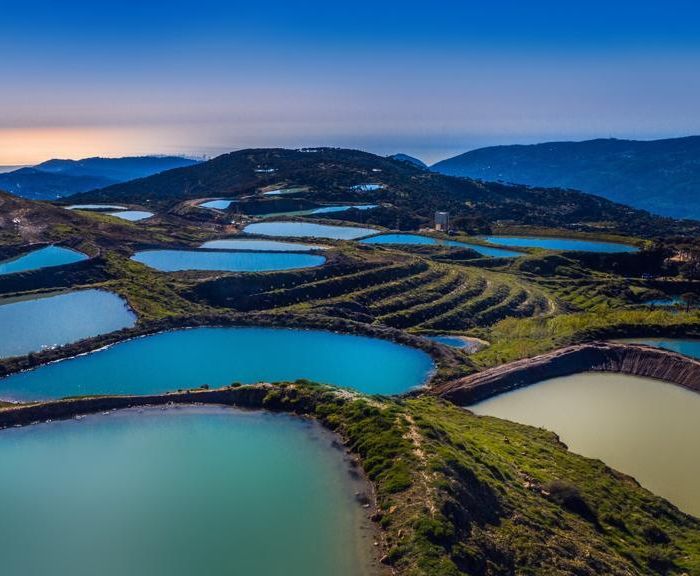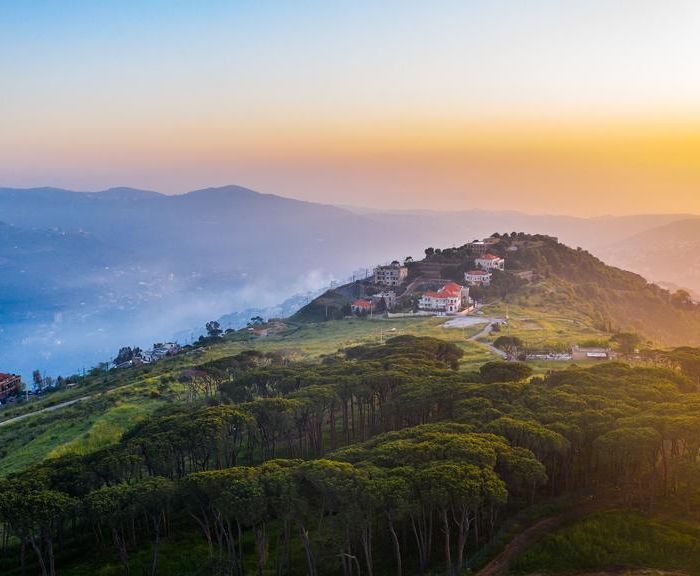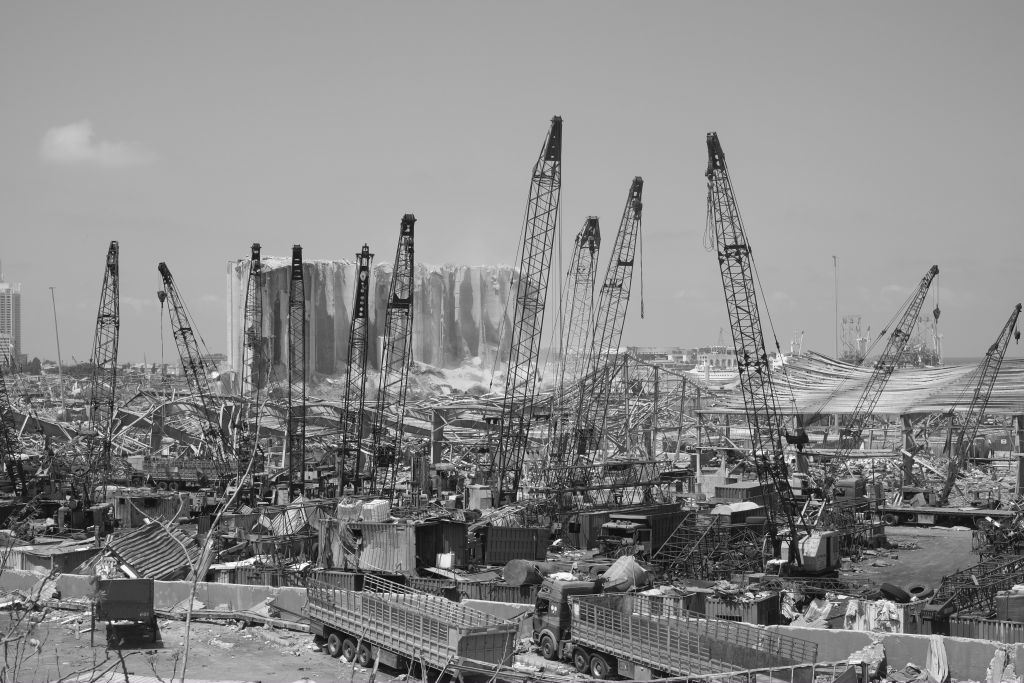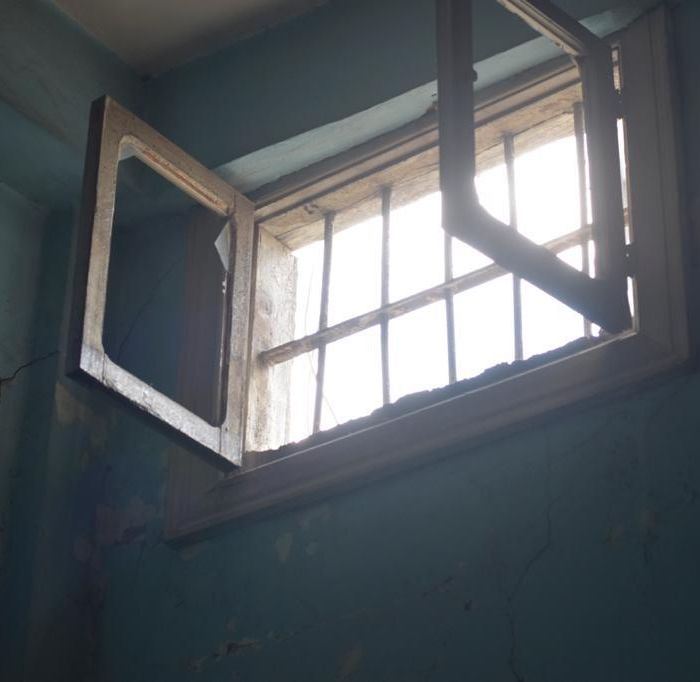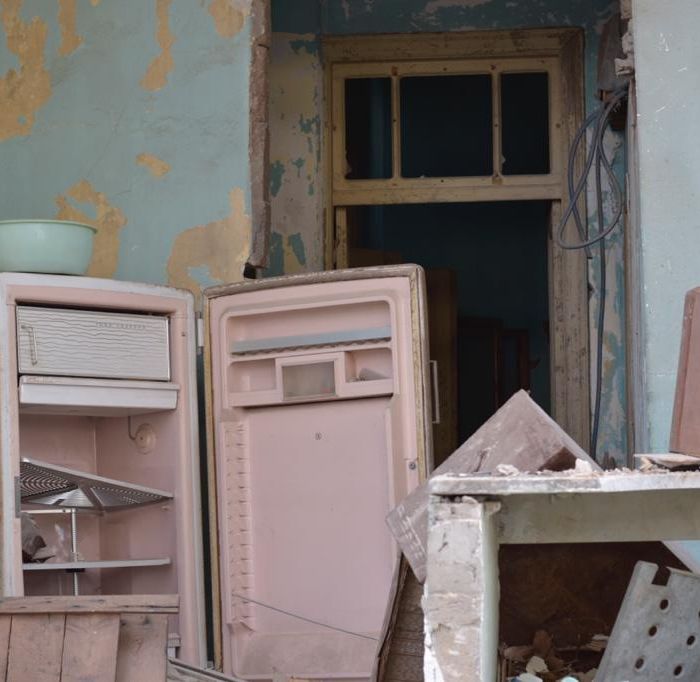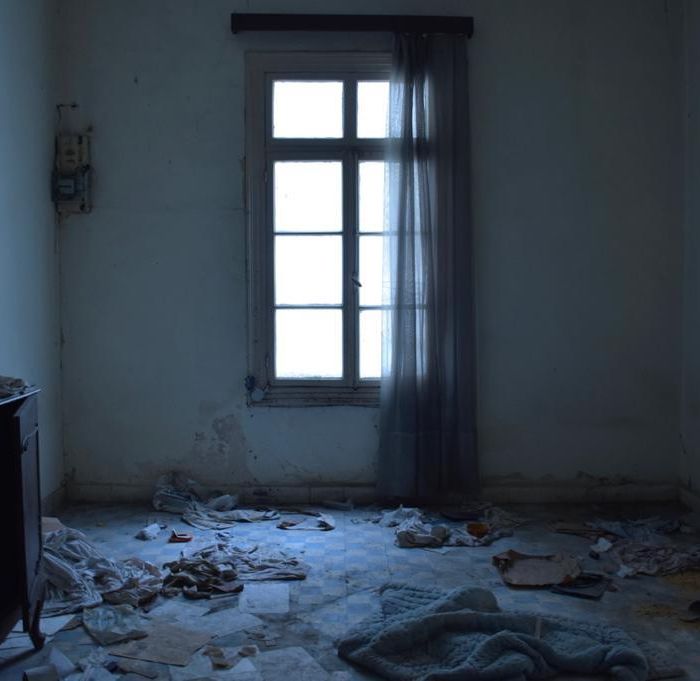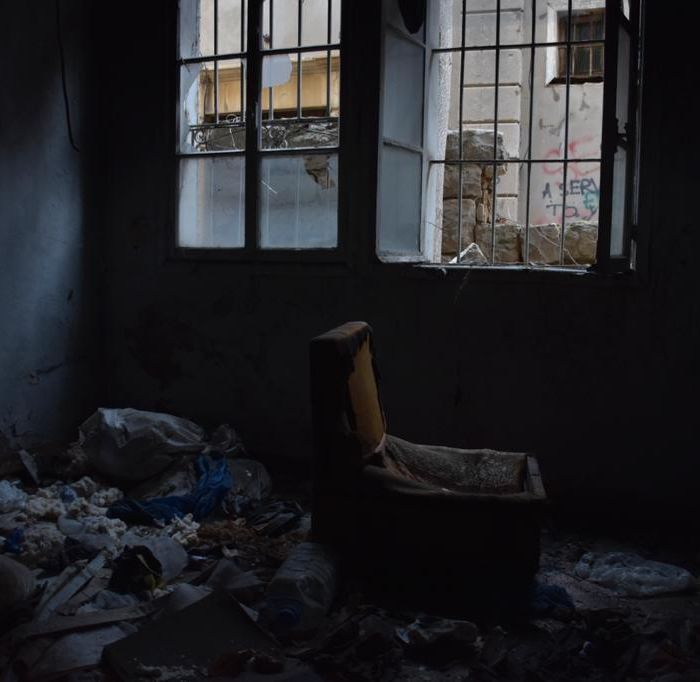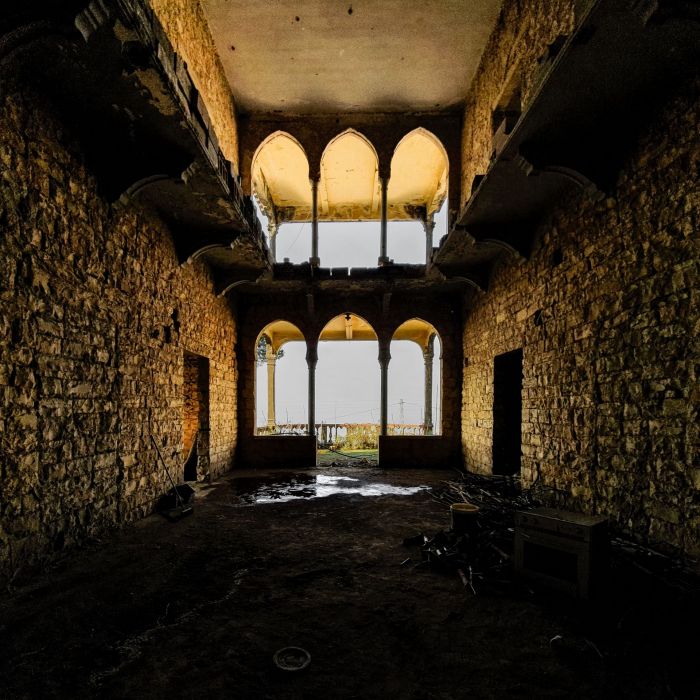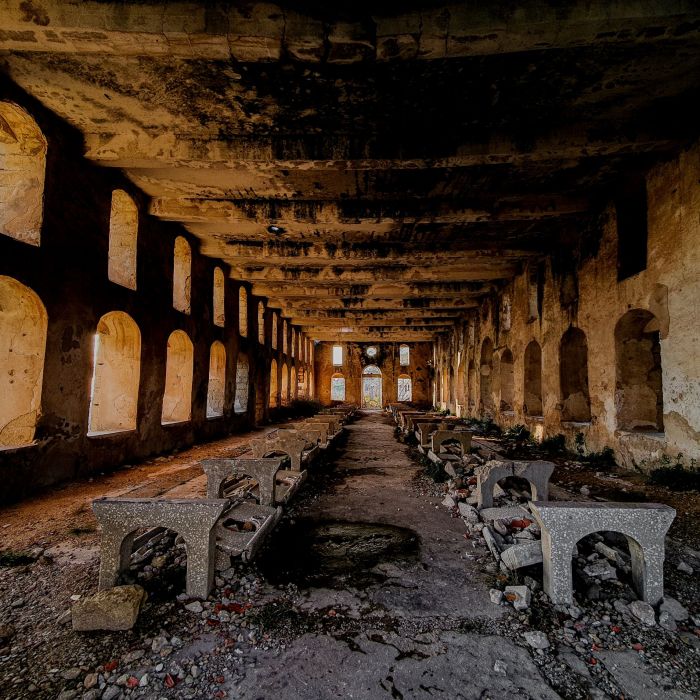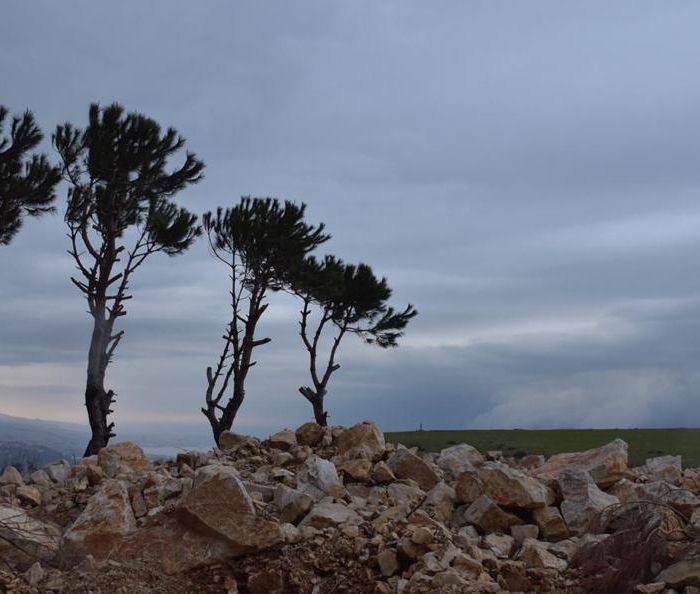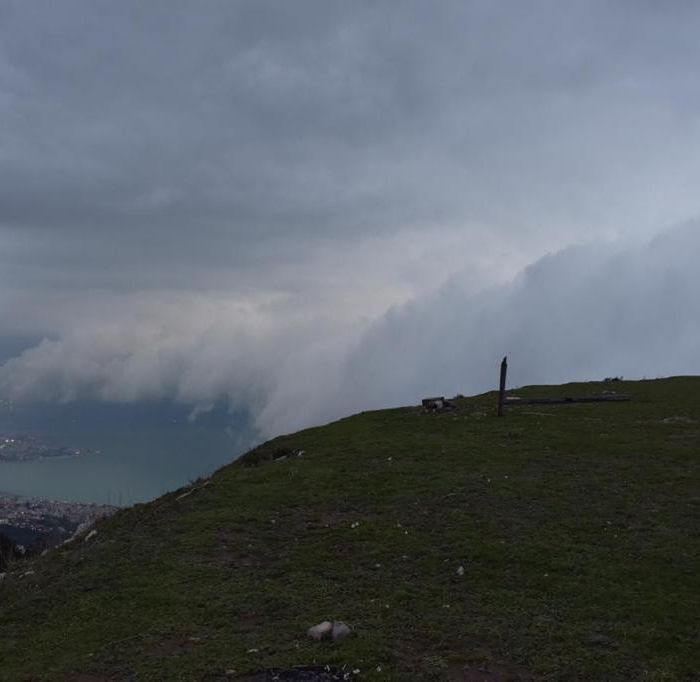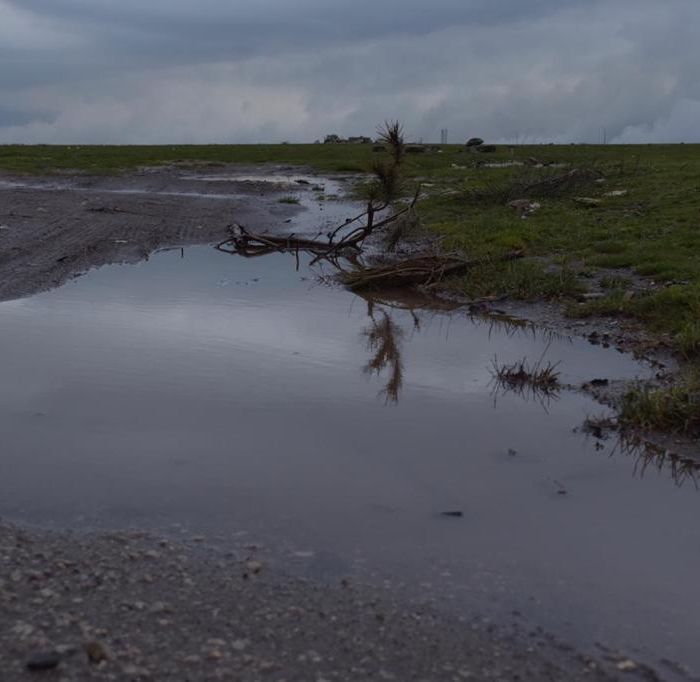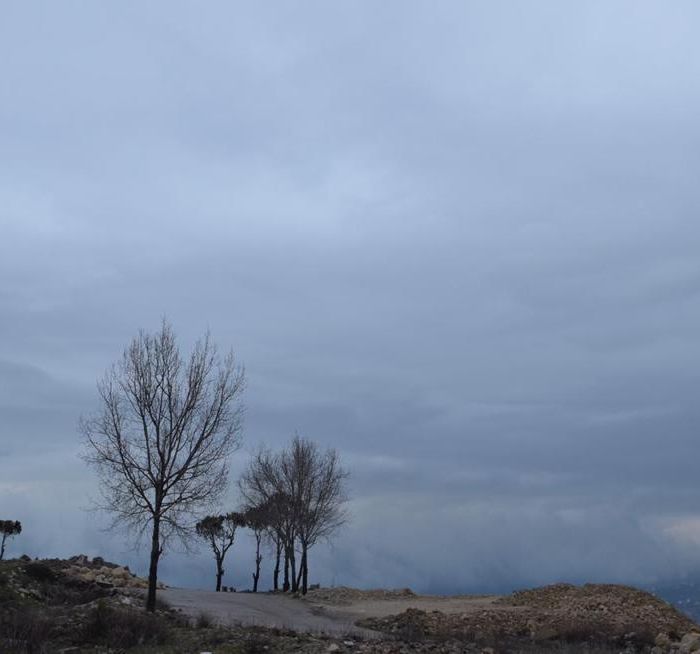Lebanon naturally benefits from a distinguished beauty and an exceptional location on the mediterranean sea. With its numerous activities, on the littoral as well as in the mountains, it used to attract many tourists from all over the world. Historically, it was known as the Oriental Switzerland.
For approximately four years now, Lebanon has been struggling with a series of interconnected crises, affecting the economic, financial, humanitarian, social, health, educational, security, judicial and diplomatic sectors.
The COVID-19 pandemic and the Beirut Port explosion on August 4, 2020, and most recently, the regional geopolitical conflicts, have compounded the country’s suffering. The concomitant global disruptions did not help Lebanon either. Worse, the ruling class was doing nothing to pull Lebanon out of the abyss, as they were those that captured the state in the first place and long lived off its economic rents (The World Bank, 2022).
The severity of the crisis was described by The World Bank in 2021 as possibly one of the top three most severe economic collapses worldwide since the 1850s. In November 2024, The World Bank estimated at US$8.5 billion the physical damages and economic losses due to the recent conflict, and the situation has worsened since.
Unfortunately, the recent events aren’t the only deep scars of the country. Historically, Lebanon has suffered many wars and conflicts: over a dozen since 1948.
The post-civil-war economic development model, that prospered on large capital inflows and international support in return for promises of reforms, is now bankrupt due to the corruption of the country’s political elite.
The longstanding deliberate setback that Lebanon has been facing yielded a collapse of the most basic public services, mass brain drain and many threatening repercussions that have deteriorated the physical, mental, and social health of the population.
The severity of the collapse, the fact that it is occurring in a highly unstable geo-political environment, added to the numerous wars and conflicts that have bled the heart of Lebanon and its population, make it even more urgent to help relieve the population from the catastrophic consequences on their daily lives, families, health…
Among the long series of serious wrongdoings by the corrupted political class in Lebanon, 2 750 tonnes of ammonium nitrates had been stored in a warehouse, at the Port of Beirut in the capital city of Lebanon, without proper safety measures for six years before they exploded on August the 4th 2020, creating a nuclear-like disaster. According to scientists, the Explosion was ranked in the top 10 strongest incidental non-nuclear explosions in history (Rigby et al., 2020).
This devastating Port Explosion has left many irreversible damages on Lebanon’s population: at least 218 deaths, 7 000 injuries and 150 permanent physical disabilities. Primary, secondary, tertiary, and quaternary blast injuries were observed following the explosion. Moreover, property damages were worth 15 billion US dollars and resulted in over 300 000 people becoming homeless.
Inflation in Lebanon has increased dramatically over the past three years as the nation’s financial and economic crisis worsens and politicians do nothing to alleviate its impact.
The value of the local currency was rapidly divided by 22, as it soared from LBP/USD 1 500 in late 2019 to LBP/USD 34 250 in August 2022 (lbprate.com).
Lebanon defaulted on its foreign currency debt on March 7, 2020.
Private banks applied illegal restrictions depriving the Lebanese of access to their bank accounts and savings.
The whole population is trapped in this grim situation with no hope of a way out. Over 70% of Lebanese citizens are left sinking in poverty, many of them even struggling to meet their most basic needs.
Global inflation brought on by various economic and political variables are not helping to control the rapid increase in the Lebanese inflation rate.
Over decades, the collapsing EDL (electricity of Lebanon) has massively enhanced government debt.
Lebanon relies primarily on fossil fuels. The economic crisis has resulted in the government’s inability to purchase or subsidize gasoline, which led to a massive energy shortage.
This has induced enormous queues at gas stations on a daily basis as well as aggravated power cuts: entire areas were left with no more than two hours of state power a day and households had to rely overwhelmingly on electric generators which in turn are held by parties close to the government; the snake bites its tail.
Not only households were affected with blackouts but also hospitals, schools, universities, food stores and all essential services were crippled.
As a direct result of the severe economic and financial crises, the government lifted subsidies on many drugs which led to critical shortages. Moreover, Lebanon’s pharmaceutical importers have immense debts to pharmaceutical firms overseas as a result of the deflation of the Lebanese lira, which eventually resulted in a pause of medicine shipments to the country. Hundreds of essential drugs have run out, including those used for the treatment of diabetes, cancer, multiple sclerosis (The Lancet, 2021) as well as medical equipment. Large numbers of individuals who are on various drugs to treat complex chronic conditions are facing life-threatening repercussions.
Drug and medical shortage is a growing and extremely serious issue in Lebanon; it deserves our full attention and reactivity.
For a nation with an estimated six million people, Lebanon boasts an extremely high number (48) of universities and higher education institutions. The Lebanese education system used to be a source of national pride as multilingual graduates flooded the region’s elite, until the financial meltdown started threatening its pillars in recent years.
Hyperinflation and frozen bank accounts have largely affected the ability of students and their families to pay tuition. Even transport expenses, due to soaring petrol prices, became way beyond what most Lebanese students and teachers can afford.
To work around the problem, schools and universities tried using a variety of strategies, hoping to continue their normal functioning amid a crisis of such an exceptional scope.
Some of them initiated the process of staff downsizing. However, this was not a sustainable solution, which has led many universities to adopt a full dollarization of fees. The Vice President of the Lebanese American University’s student council, Teya Abou Zour, mentioned in an interview that “due to the economic situation and the fact that the university pays everything in dollars, the administration has no choice but to raise the fees.” She added,“The administration is afraid that the faculty would lose all of its employees including the professors, so this decision comes to protect it.”
Others tried turning to online learning to avoid exorbitant transport costs for their students and teachers. But power shortages didn’t help the situation with power cuts lasting more than 20 hours a day. Staying connected for online courses also comes at a cost.
The education conundrum is haemorrhaging the future of Lebanon’s young generation.
Lebanon has plunged into dark times from many aspects, even when it comes to security and safety.
As a direct result of the severe financial and economical hardship, crime rates have been drastically increasing in the country, along with theft on all levels. A growing number of people are struggling to provide for their families and many of them find themselves unfortunately tempted to commit criminal and illegal activities in order to secure their most basic needs.
Moreover, many businesses are closing, leaving behind depressing ghost streets.
In this context, it has become increasingly unsafe to even walk on the streets alone, especially in the absence of public road lighting and the little to no presence of security forces.
Everything is worsening: depression, despair, suicide, school dropouts, begging, child labor, unemployment, divorce, crimes, prostitution, drug and alcohol abuse … causing considerable insecurity in the country.
This is historically Lebanon’s third wave of mass migration, with numbers of Lebanese emigrants going from 17 721 in 2020 to 79 134 in 2021 (Information International).
In September 2020, 300 physicians had left Lebanon in only three months, as a result of a massive exodus of healthcare experts.
Lebanese General Security reported over 7 000 daily requests for passport renewals in 2021 alone. Emigration numbers are only anticipated to rise in the forthcoming years due to the government’s minimal attempts to halt this giant influx of migration or to support the appalling living circumstances.
a NATION THAT ENDURED WAR
Beirut is one of the rare cities in the world destroyed and rebuilt seven times, one of them being after the 1975-1990 civil war that resulted in approximately 120,000 fatalities and an exodus of almost one million people from Lebanon. Ironically enough, 30 years later, Beirut was once again faced with an approximate 7 000 victims and an extremely huge emigration percentage after the August 4, 2020 explosion. And the bleeding has recently intensified due to the regional geopolitical conflict.
In the last century, Lebanon was troubled many times as it witnessed over a dozen wars and conflicts. After a long period under the French mandate, and in a World War II context, Lebanon gained its independence on November 22, 1943. The government and the economy were taken over by the Maronite Christians. A parliament was established, with a certain number of seats for Muslims and Christians, respectively. As a result, the Speaker of Parliament was to be a Shia Muslim, the Prime Minister a Sunni Muslim, and the President a Maronite Christian.
In 1975, the Lebanese Civil War broke out in the country and lasted for a decade and a half. It was a regional dispute but also an internal Lebanese affair, comprising several national and international parties. The Palestine-Israel conflict, Cold War rivalry, Arab nationalism, and political Islam were some of the problems that dominated Middle Eastern regional politics in the latter part of the 20th century, and they played a role in the Lebanese Civil War. In addition to the high death toll, Lebanon’s infrastructure was severely damaged, as well as its standing as a cross-sectarian Arab country.
Another major disturbances for Lebanon were the South Lebanon Conflict with Israel that lasted for 15 years and the Syrian dominance over the country for almost 30 long years.
More recently, the July 2006 war shook the country as Israel attacked Lebanon.
Few years later, fighting from the Syrian Civil War spilled over into Lebanon between 2011 and 2017. Opponents and supporters of the Syrian Arab Republic traveled to Lebanon to fight and attack each other on Lebanese soil.
In 2024, the regional geopolitical conflict further destabilized Lebanon, contributing to the destruction of infrastructure, displacement of families, and exacerbation of humanitarian needs.
Lebanon remains the country hosting the largest number of refugees per capita and per square kilometre in the world (UNHCR, the UN Refugee Agency), which adds a considerable burden on an already fragile ground. The country has taken in almost 400 thousand Palestine refugees (UNRWA) and 1.5 million Syrian refugees (UNHCR). Undoubtedly, the recent multifaceted crisis that has been shaking the country, compounded by geopolitical challenges, represents an ultimate culmination of Lebanon’s suffering.
The photos in this gallery, courageously taken by Luna ABI RAAD and donated to ALAM, illustrate the Lebanese emigration following the 1974 war. These dilapidated houses, abandoned nearly fifty years ago, are still in their original state in Beirut and can even be visited freely, at one’s own risk.
Photos taken by Clara RAYES: a Hotel in ruins in Souk el Gharb on the left; an abandoned Silk Mill in Kfarmatta on the right.

















